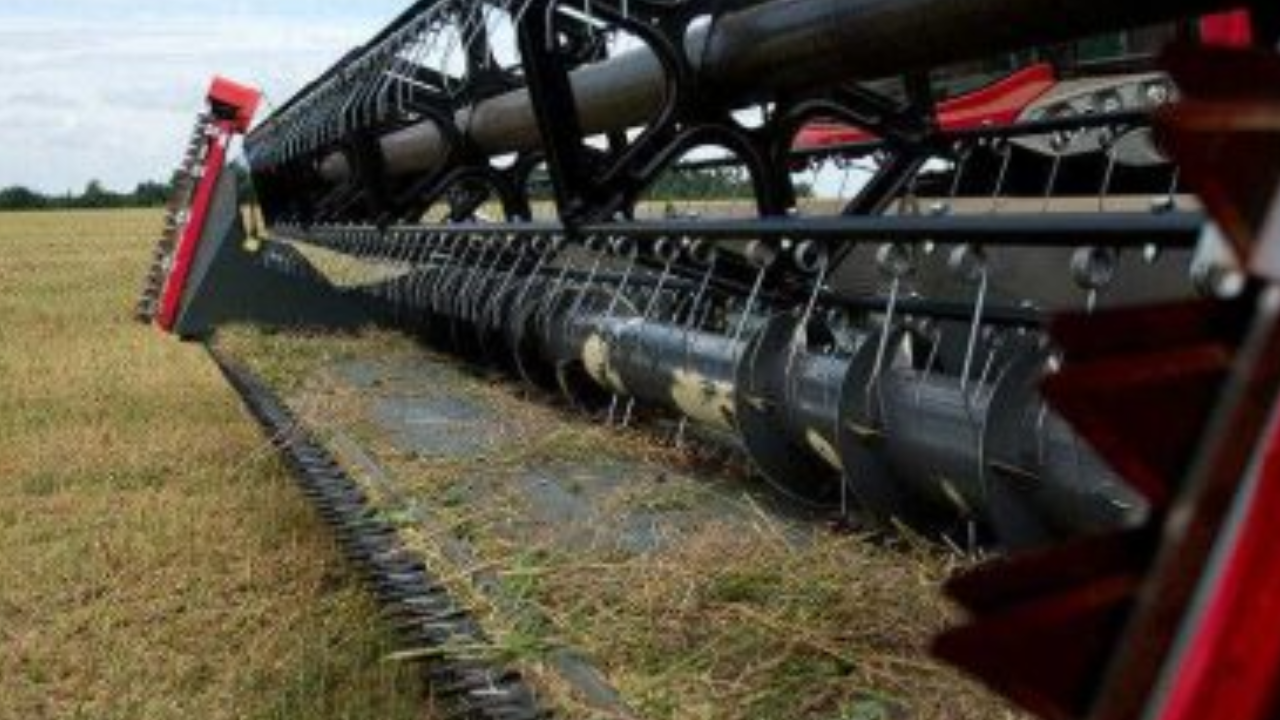Modern industries of manufacture rely heavily on the skilled metallurgical process of precision forging. It entails expertly, consistently, and accurately molding metallic modifications. Precision forging creates intricate and complex components with precise tolerances by using highly controlled forces and temperatures.
As generation keeps evolving, the destiny of precision forging holds thrilling capacity with the integration of virtual technologies and advancements in fabric technology. CXINFORGING focuses on offering top-notch forging services tailored to your particular needs as a leading forging manufacturer in hot and cold die forging.
They promise your forged components will be of the highest accuracy and quality due to their extensive precision machining knowledge. We’ll go into the global context of precision forging in this article, discussing its fundamentals, its benefits, and the various forms it can take as well as how it fosters excellence in manufacturing.
Principles of Precision Forging
The continuing improvement of precision forging strategies will shape the producing panorama, offering modern solutions and superior merchandise for diverse packages across industries. Certain important fundamentals of precision forging are;
Managed Deformation
Precision forging is predicated on managed deformation of the metallic work piece under particular temperatures and pressures. The method ensures the metallic flows precisely into the desired form, resulting in elements with steady dimensions and minimum fabric waste.
High-strain Forming
Precision forging includes high-stress forming, frequently the use of hydraulic or mechanical presses. The forces implemented are cautiously calibrated to form the metal with utmost precision, keeping tight tolerances and heading off defects.
Near Tolerances
One of the primary principles of precision forging is achieving close tolerances in the final product. The manner allows for difficult information and high-quality features, making it appropriate for generating components that require high precision and accuracy.
Benefits of Precision Forging
Improved Mechanical Attributes
Precision forging results in steel parts with superior mechanical residences compared to parts produced through different manufacturing methods. The controlled deformation and grain waft all through precision forging make contributions to increased electricity, longevity, and fatigue resistance.
Superior Surface Finish
Precision forging supplies incredible surface end and dimensional accuracy. The method minimizes the want for secondary operations, reducing manufacturing time and prices.
Material Savings
Precision forging minimizes fabric waste by accurately shaping the work piece to the favored shape. This efficiency makes it a sustainable manufacturing technique, lowering scrap and selling aid conservation.
Complex Geometry
The ability to forge complex geometries with precision allows for the production of complicated and complex components that can be hard or impossible to obtain through other methods.
Application of Precision Forging
Automobile Industry
Precision forging performs a good-sized role in the automobile industry, producing crucial components such as crankshafts, connecting rods, gears, and suspension elements. The high energy and precision of these components contribute to the overall performance and durability of contemporary motors.
Aerospace and Defense
In the aerospace and protection sectors, where protection and reliability are paramount, precision forging is used to manufacture additives for aircraft, satellites, and army devices. Those components bear intense conditions and require terrific pleasure and precision.
Industrial Machinery
Precision forging is widely used in the production of commercial machinery components, such as gears, shafts, and hydraulic additives. The precision and power of these components are critical for the green operation of heavy machinery.
Oil and Fuel Region
Precision forging is applied to provide components for the oil and fuel enterprise, inclusive of valves, connectors, and downhome equipment. These additives need to resist harsh environments and excessive-pressure situations.
Future Trends in Precision Forging
Integration of Digital Technology
The combination of digital technology, along with computer simulations and synthetic intelligence, will optimize precision forging procedures, bearing in mind virtual prototyping, process optimization, and best control.
Improvements in Material Science
Improvements in fabric technological know-how will lead to the improvement of recent high-overall performance materials that may be effectively cast with precision, expanding the variety of applications for precision forging.
Bottom Line
Precision forging stands at the vanguard of modern-day production, using excellence through precision, quality, and efficiency. Its capability to supply components with more advantageous mechanical houses, near tolerances, and complex geometries makes it quintessential in various industries, inclusive of automotive, aerospace, and commercial equipment.

